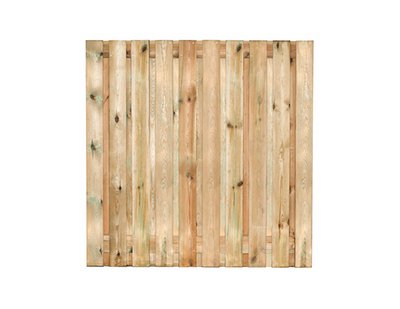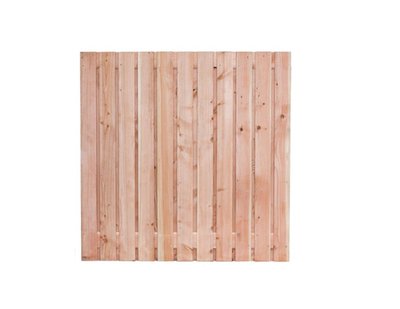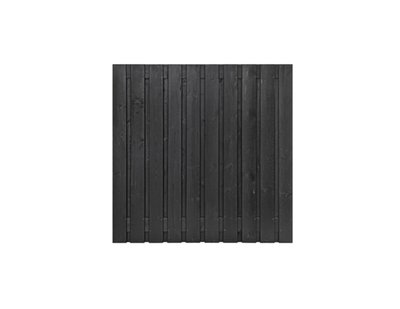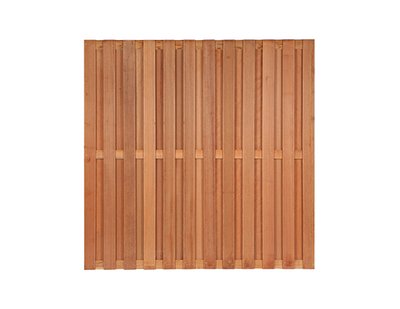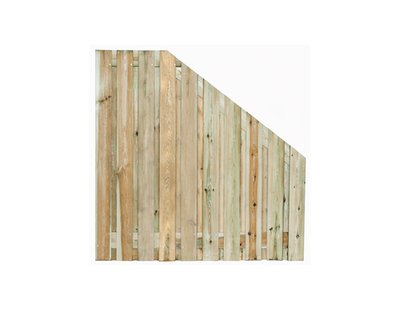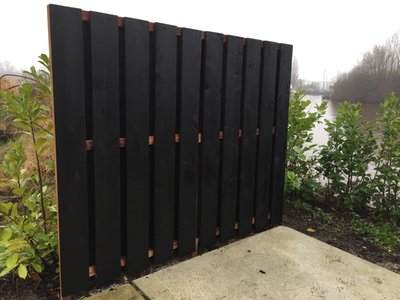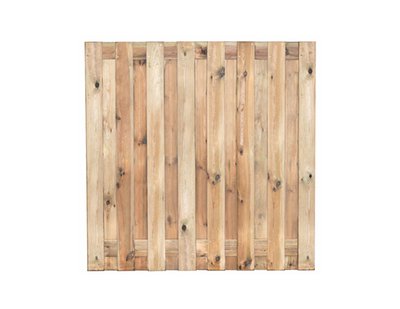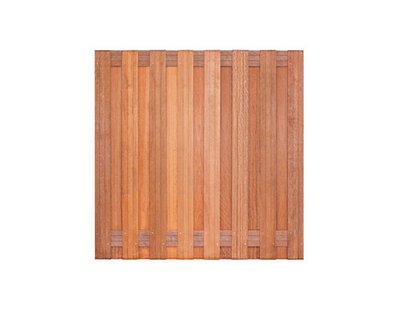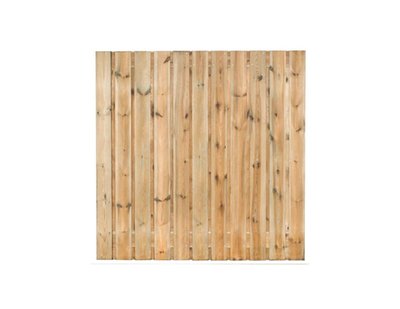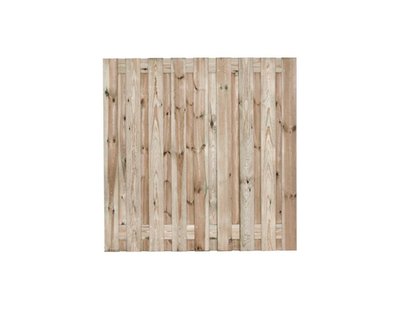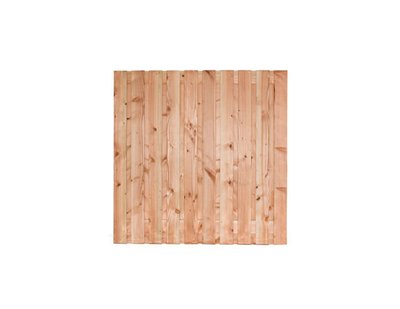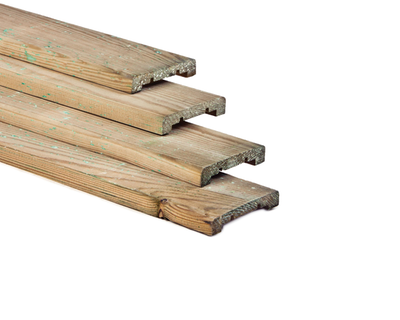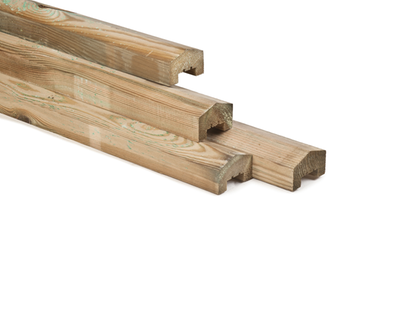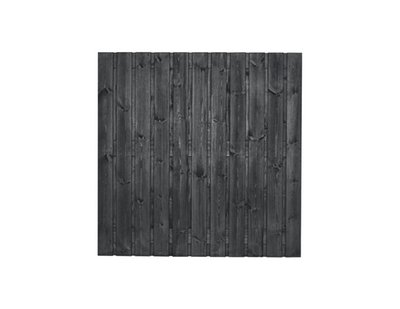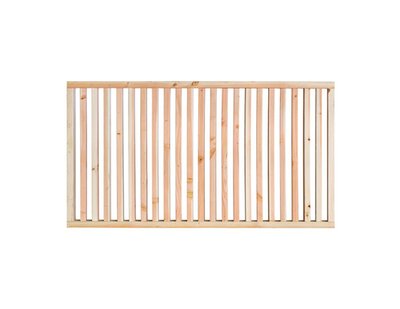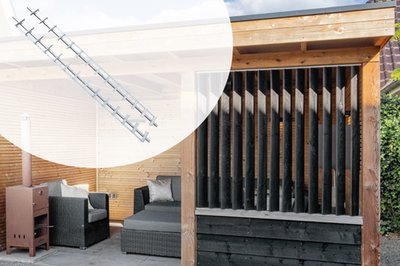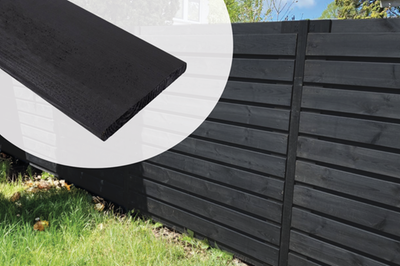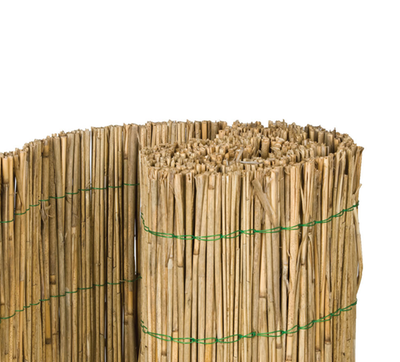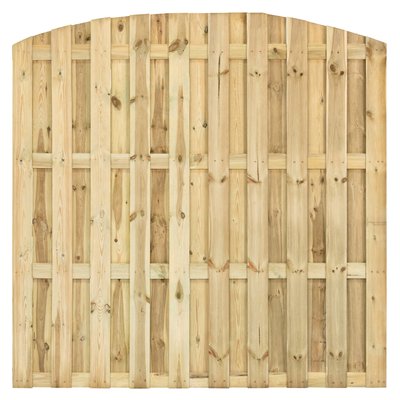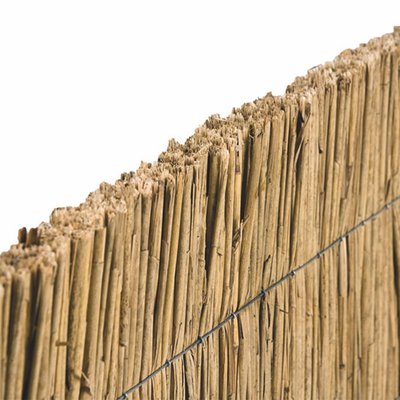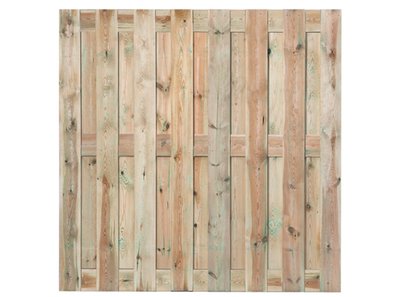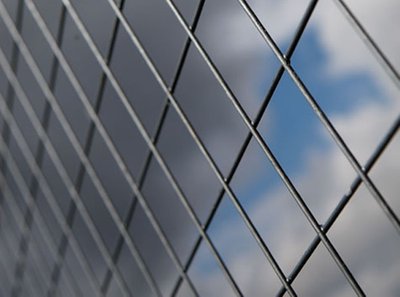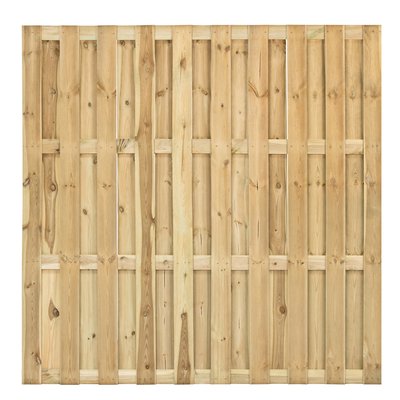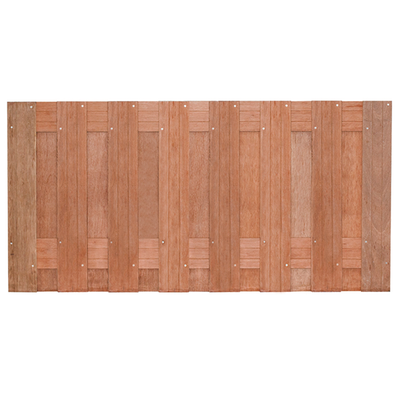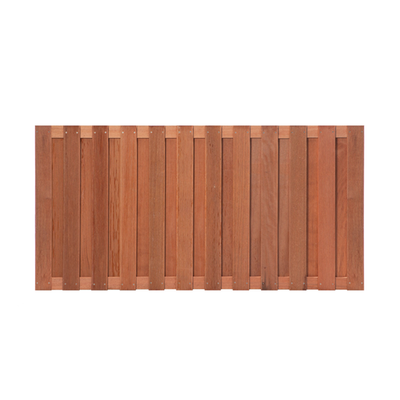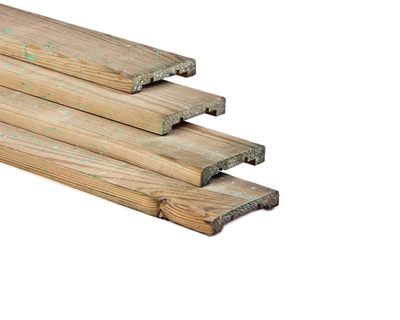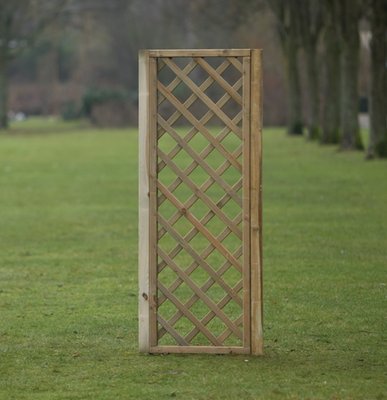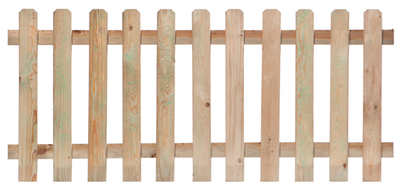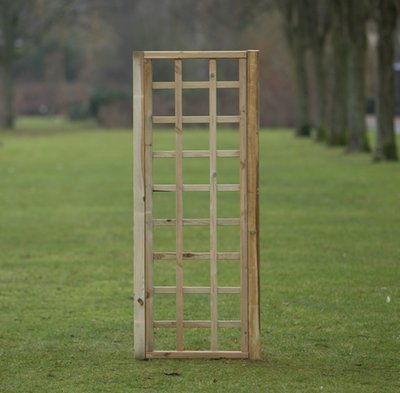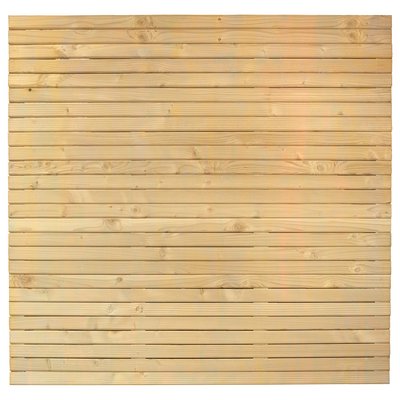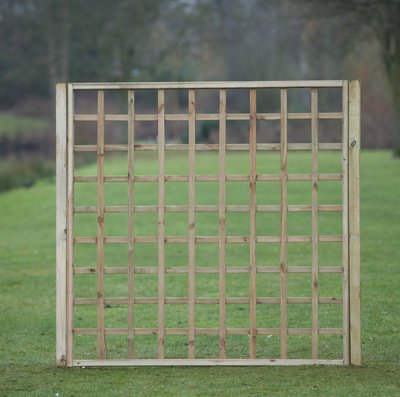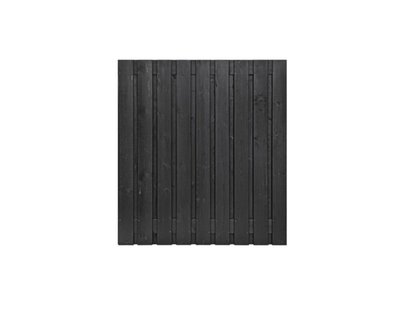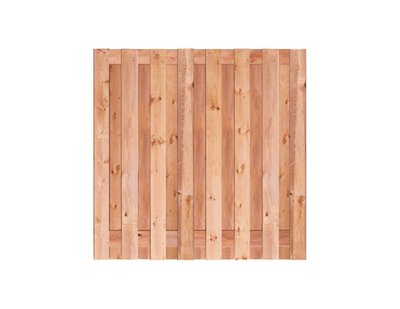Fencing Panels
Are you looking for an easy-to-install garden fence? If you opt for installation convenience when installing a fence, our garden fences are the best solution. Our range of garden fences includes fences made of different types of wood, composite garden fences and garden fences with a natural look.
32 products
Types of garden fences
If you are going to buy a garden fence, you first need to choose from the different materials. Besides material, our various types of garden fencing vary in expected lifespan, size, colour, appearance and price. At Gadero, choose from the best wood for your fence screen:
Besides wooden garden fences, we also offer composite fences, fence mats, bamboo fences, coconut mats and trellis fences.
Hardwood garden fences
Our hardwood garden fences are made of wood species with a durability class of 1 to 3. Think tropical Bankirai wood or Keuring wood. It is not necessary to treat your hardwood garden fence, but if you want to slow down the greying you can treat it with oil.
Larch Douglas garden fences and Red Class Wood garden fences
Larch Douglas wood garden fences are very popular. The screens made of the softwood species last 7 to 15 years, making them reasonably durable. The wood should be treated regularly to prolong its lifespan. Besides Larch Douglas garden fences, you can also choose the comparable Red Class Wood. This has the colour of Larch Douglas wood, but not the disadvantages such as resin formation. This type of wood has a longer lifespan than Larch Douglas.
Impregnated garden fences
Our Spruce and Pine wooden garden fences are durable because they are impregnated under high chain pressure. Softwood garden fences have a very long lifespan of between 10 and 15 years. Many of our fences are available in the dimensions 180x180 cm. Black garden fences
When buying black garden fences, pay attention to the differences between black dipped and black sprayed. A black sprayed garden fence is a wooden fence consisting of an opaque layer of paint that allows the screens to retain their colour for longer. Black dipped garden fences are also known as black impregnated. These fences require annual touch-ups.
Louvre garden fences
A louvre garden fence is a wooden fence consisting of angled slats. It gives your garden a shutter effect and a playful look. Louvre screens are available in hardwood, but also in impregnated wood.
Composite garden fences
A composite garden fence is a fence made of plastic. The composite fence is very durable and available in the colours grey and anthracite. Choose from various sizes and types of composite screens at Tuin.
Various types of fences made of green material
Tuin also sells natural fence mats. This category includes our fence mats, coir garden screens and bamboo garden screens. The advantage of these types of garden fences is that they are ecological and give your garden a tropical look. They catch less wind than a wooden garden fence. Finally, trellis screens should not be forgotten. A trellis is perfect for climbing plants and creates a natural garden fence with a spatial effect.
What to look out for when buying a garden fence?
When buying a garden fence, we advise you to pay close attention to the slat thickness. This is also known as the thickness of the boards. The thicker the boards are, the sturdier the garden fence is. This gives the garden fence a longer lifespan. You should also pay attention to the type of screws. Garden fences with stainless steel screws are more durable than nailed fences.
Both in hardwood, Larch Douglas fir and impregnated wood, you can choose from several slats for our garden fences:
Garden screens 15 planks: these screens have a gap of about 9.5 cm between the boards and only have a sloping view from one metre away.
Garden fences 17 boards: these fences have a gap of about 7.5 cm between the boards and have a minimum view through.
Garden fences 19 boards: these fences have a gap of about 4.5 cm between the boards and have virtually no view through.
Garden screens 21 planks: these screens have a gap of about 2.5 cm between the planks and have no see-through.




